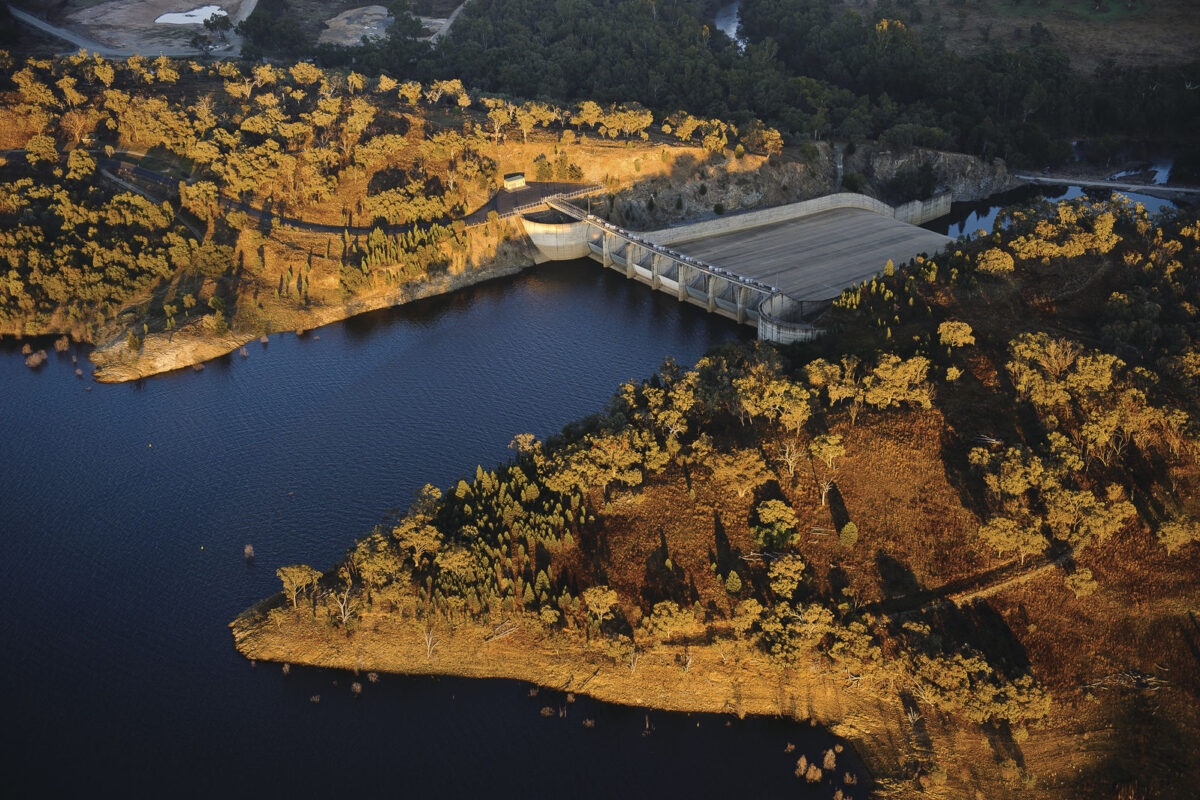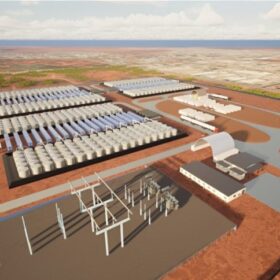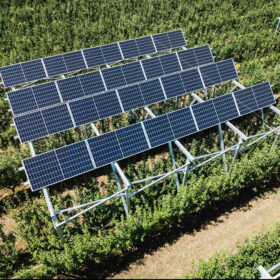The Kennedy Energy Park, Australia’s first project on a major grid to combine wind, solar and battery technologies, has again been derailed due to complications in the connection process. The project was energized in August, but its commercial operation will now be delayed into 2020.
In a statement to the ASX, renewables developer Windlab said the EPC contractor on the project, a joint venture between Danish Vestas Wind Systems and U.S. Quanta Services, has not been able to deliver a fully functioning generator performance standard (GPS) and is now not expected to do so until December.
Construction of the Kennedy hub – combining 43 MW of wind, 15 MW of solar and a 2MW/4MWh Tesla battery – was completed in last December. The project was sitting idle for months due to delays in completing its GPS and subsequent registration as a generator. These complex, extended connection requirements introduced by the Australian Energy Market Operator have delayed a number of renewable energy projects across the market.
In case of the Kennedy Energy Hub, the developer had to add both a statcom for voltage regulation and a synchronous condenser for system strength, as the first project to do so in the Ergon Energy network. While the installation of additional components added to project costs, Windlab also reported problems with its EPC contractor and inclement weather, as post-cyclone flooding prevented access to the site by network commissioning crews.
Connection delays may translate into liquidated damages for EPCs to compensate the project developer for lost revenue. As it now takes longer for projects to get from energisation to full commissioning, many EPCs have felt the pinch and Australia’s leading contractor RCR Tomlinson fell victim to such delays. In June, Windlab claimed $2.6 million for its share of the Kennedy energy hub, suggesting the total liquidated damages on the project stood at $5.2 million.
The Kennedy Energy Park is jointly developed and owned by Windlab and Japan-based Eurus Energy. Located near Hughenden in North Queensland, the project has signed a 10-year PPA with Queensland state-owned generator CS Energy. Windlab revealed plans to grow the Kennedy hub much bigger to 1200 MW, but this was later deprioritized due to uncertainty around connection solutions.
This content is protected by copyright and may not be reused. If you want to cooperate with us and would like to reuse some of our content, please contact: editors@pv-magazine.com.









Good news! I wish them success. Very happy to see the planet freeing itself from Middle Eastern oil suppliers.